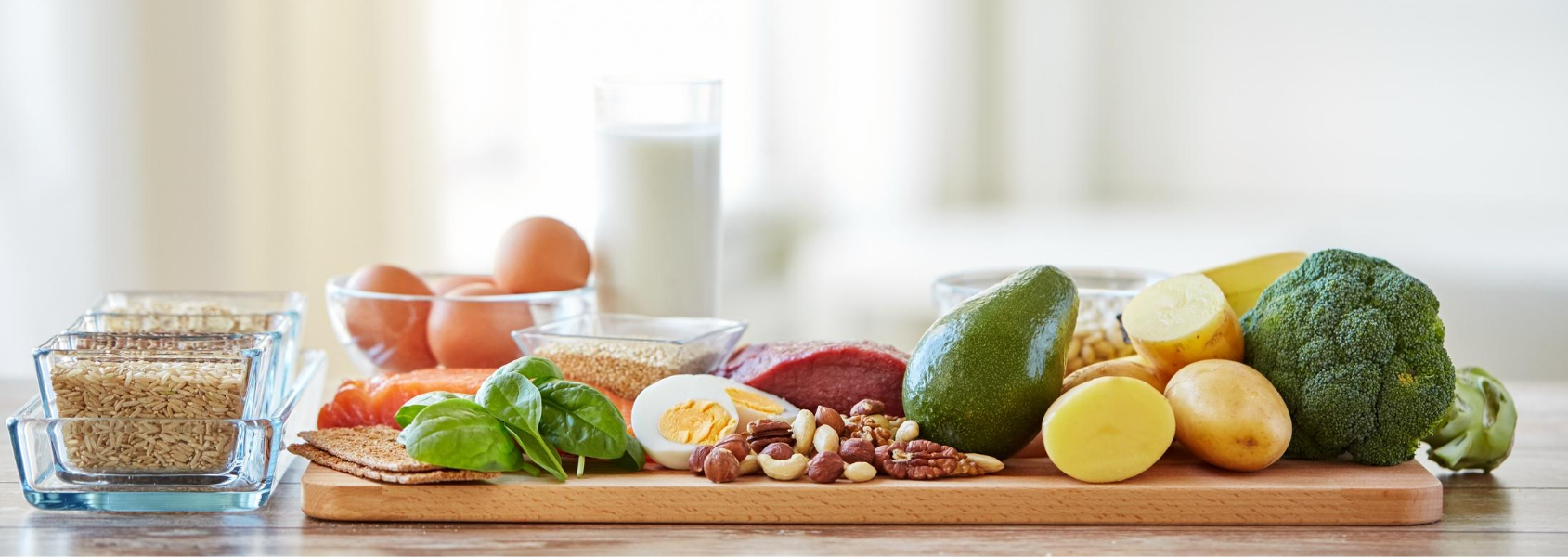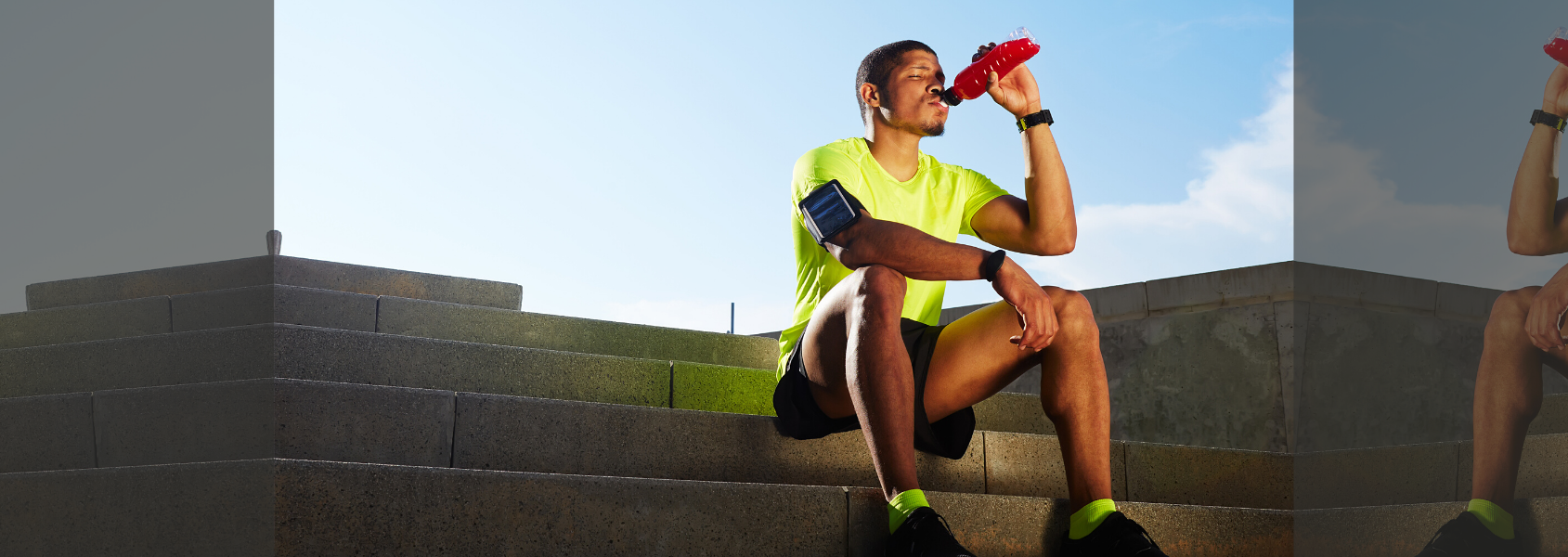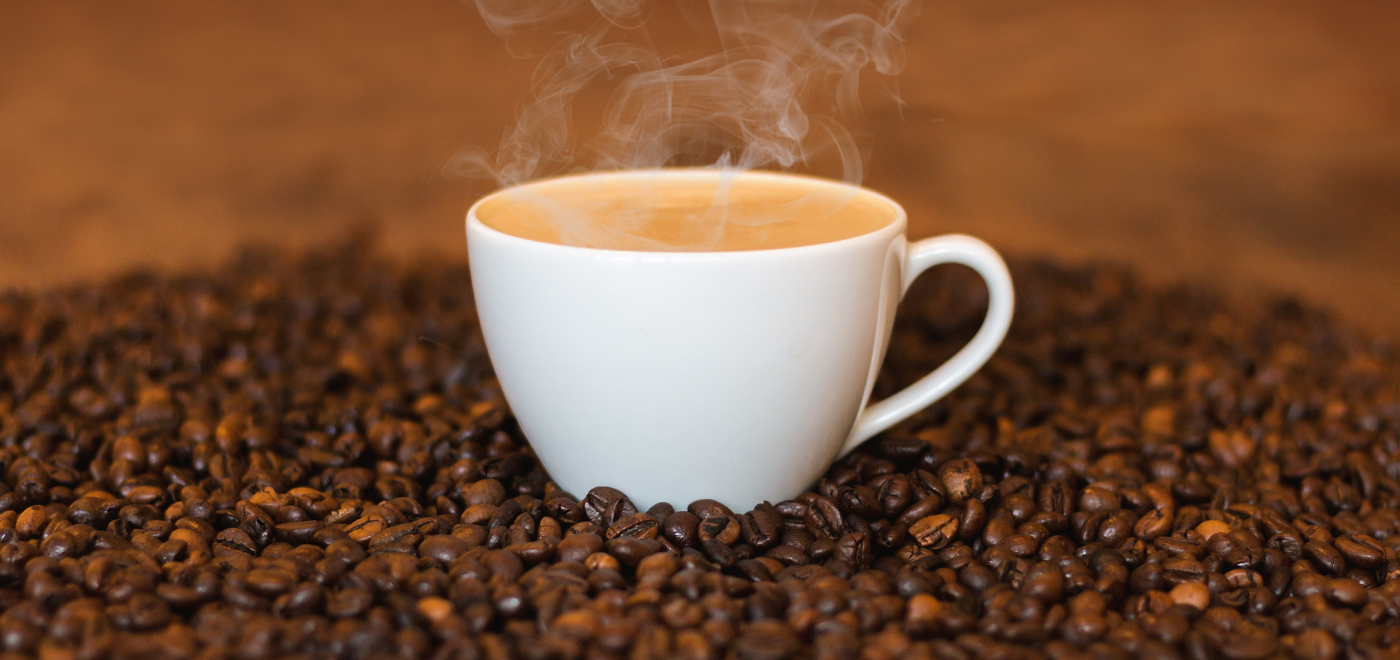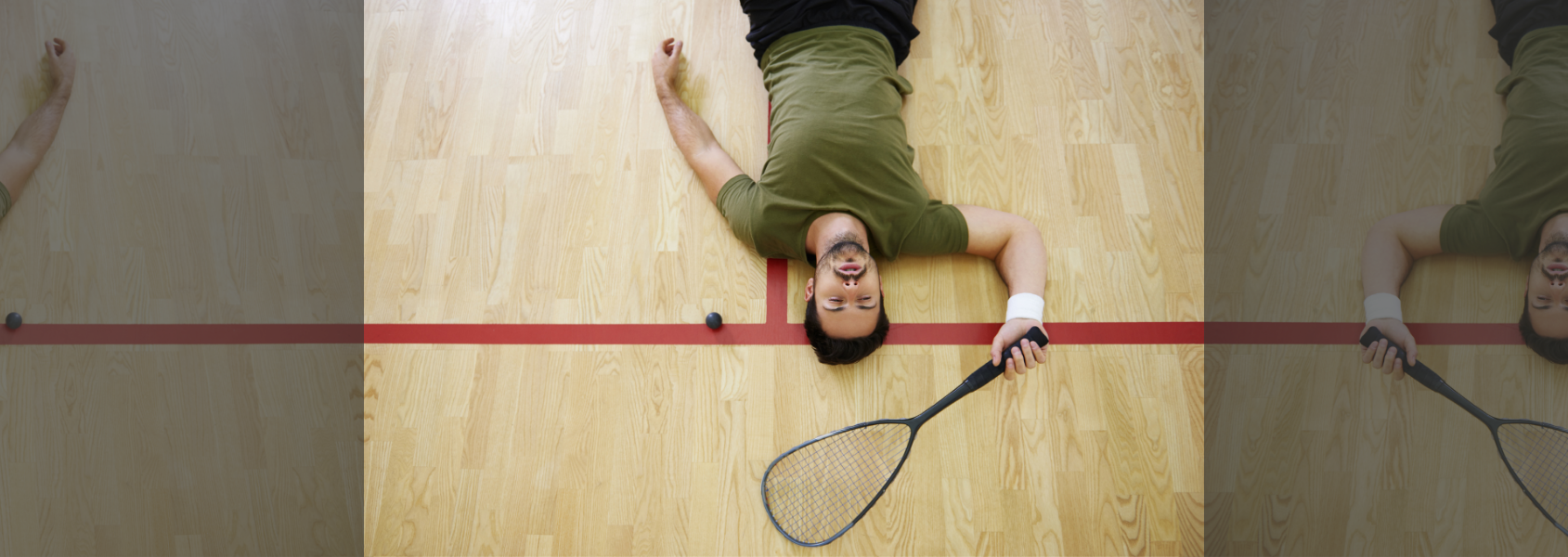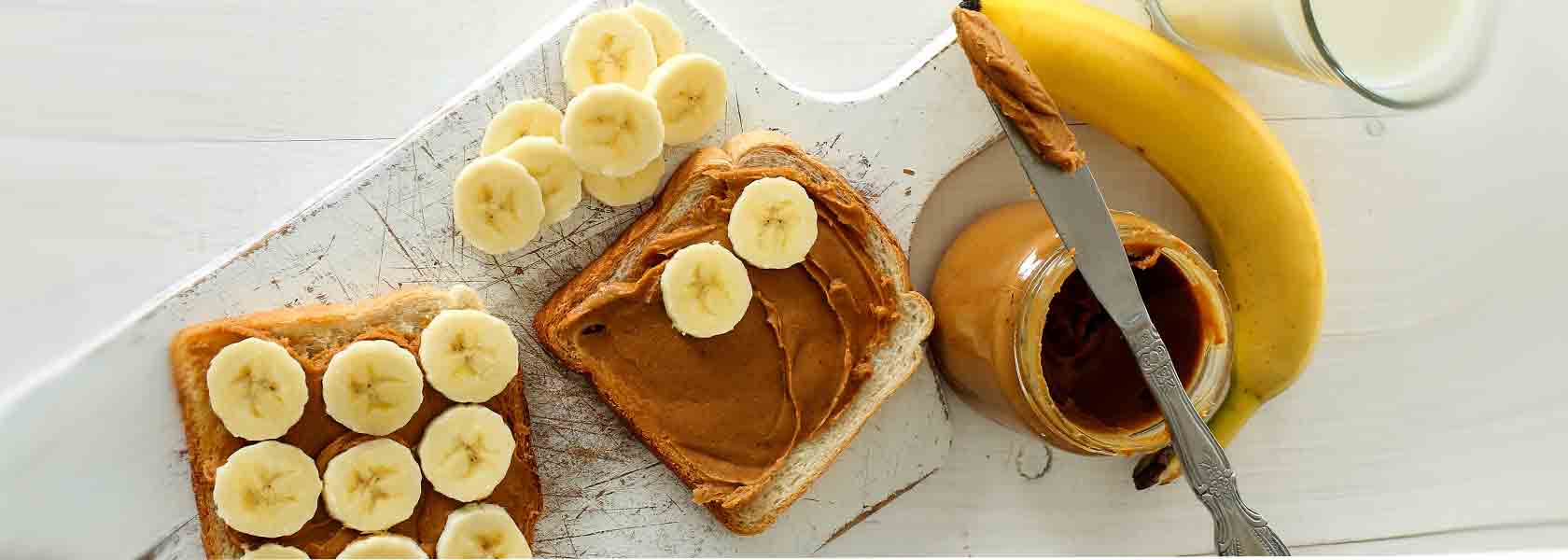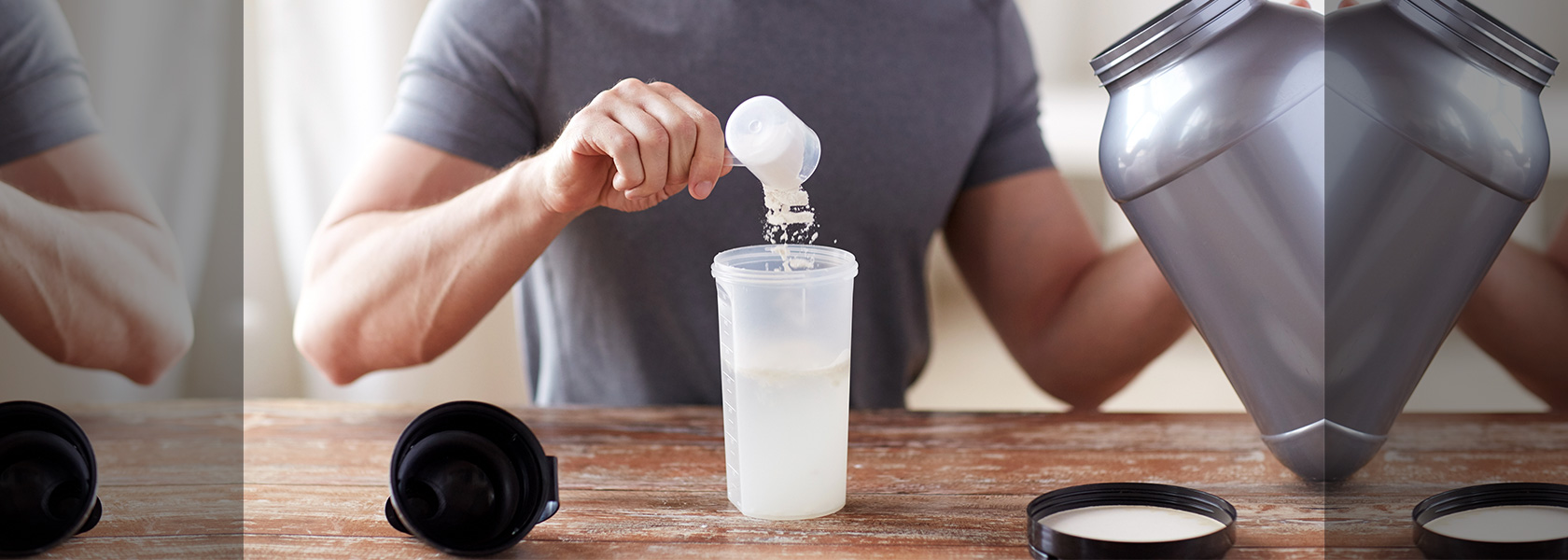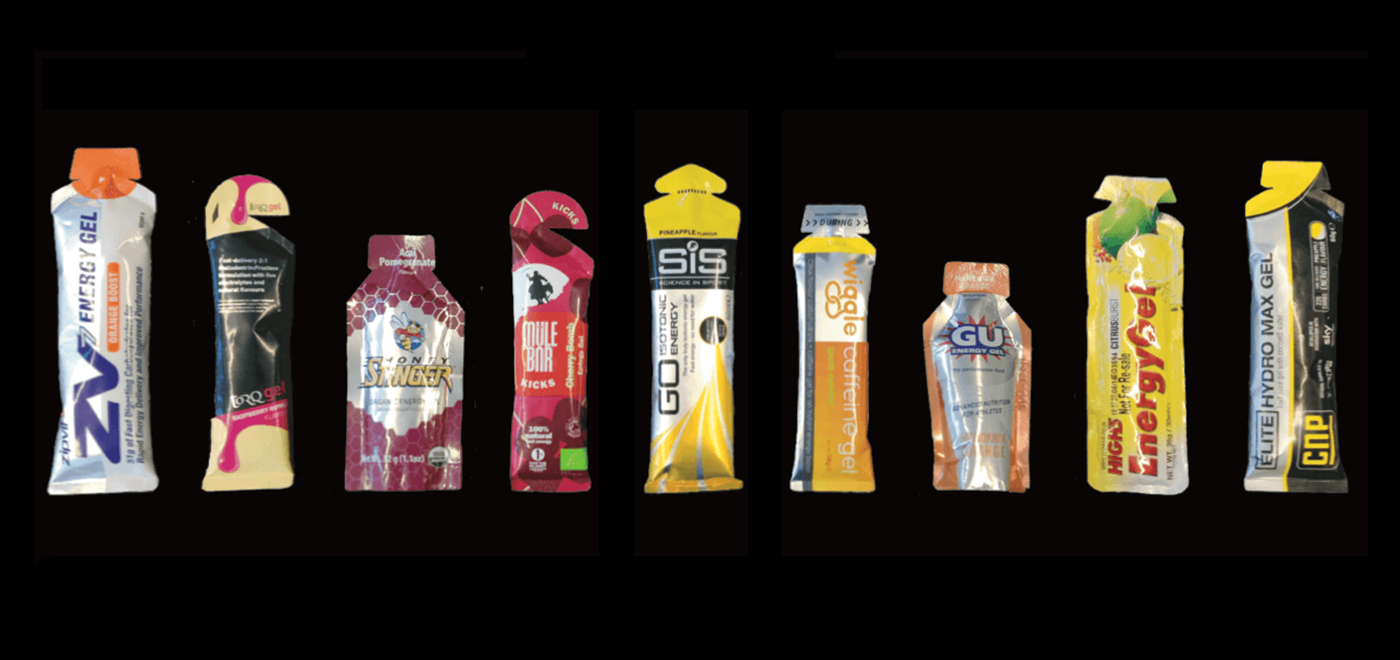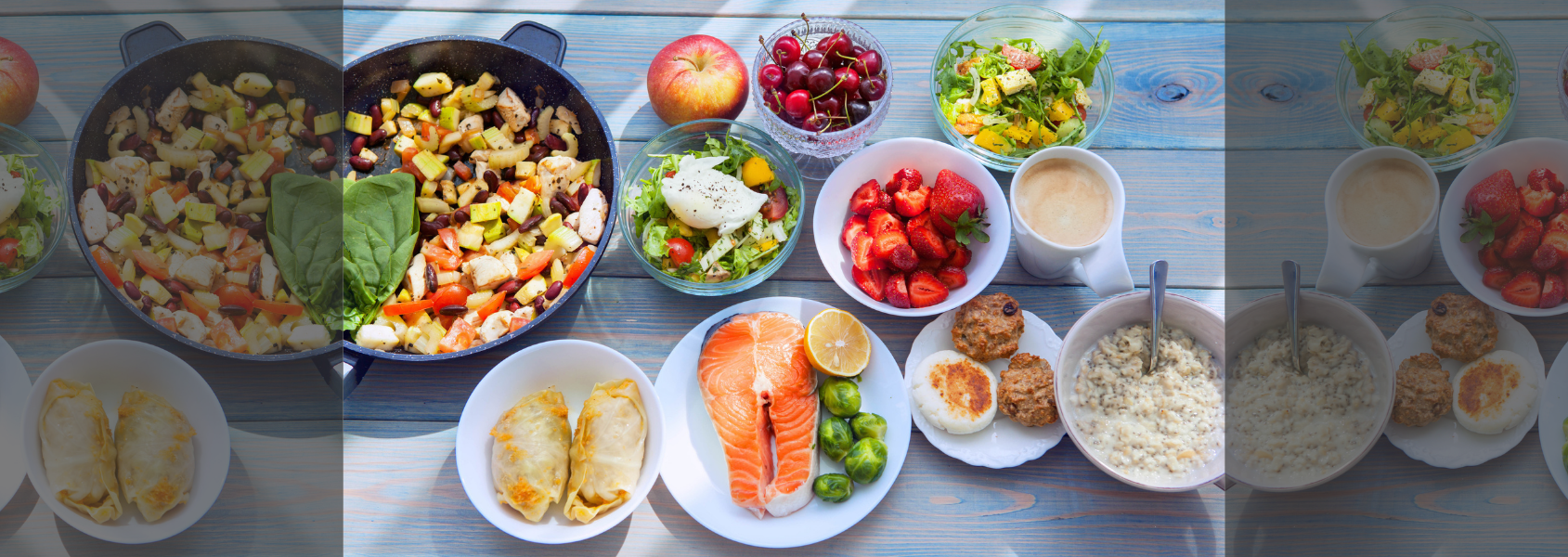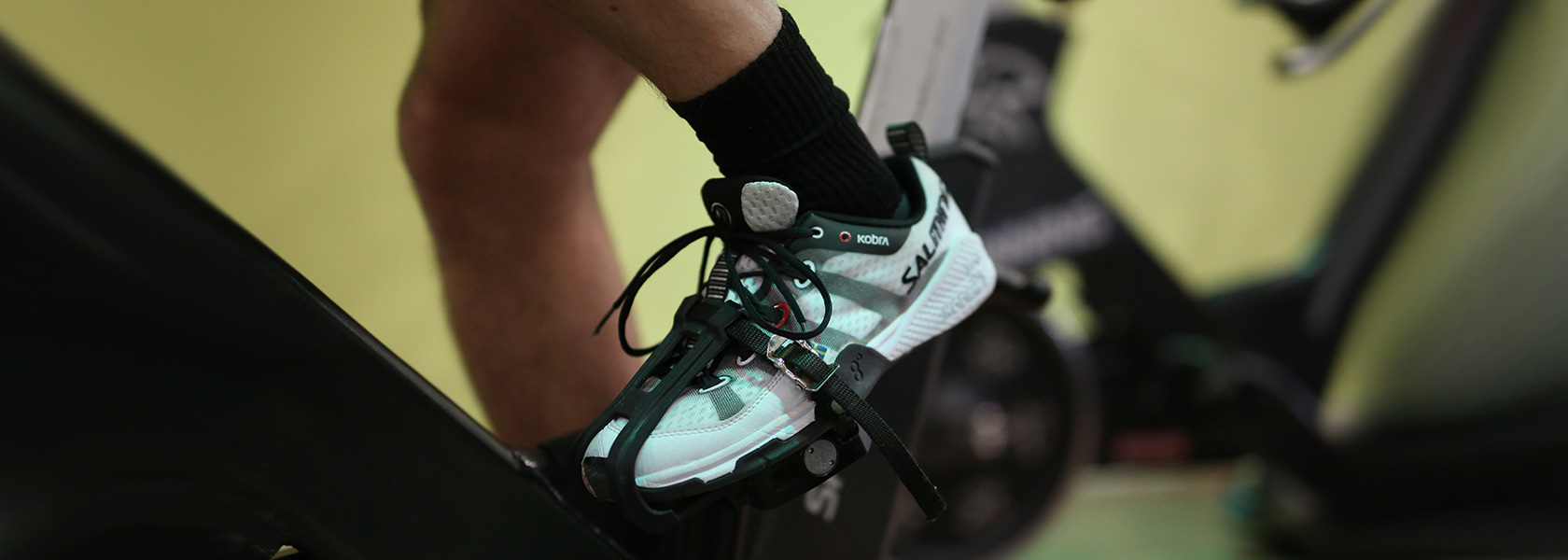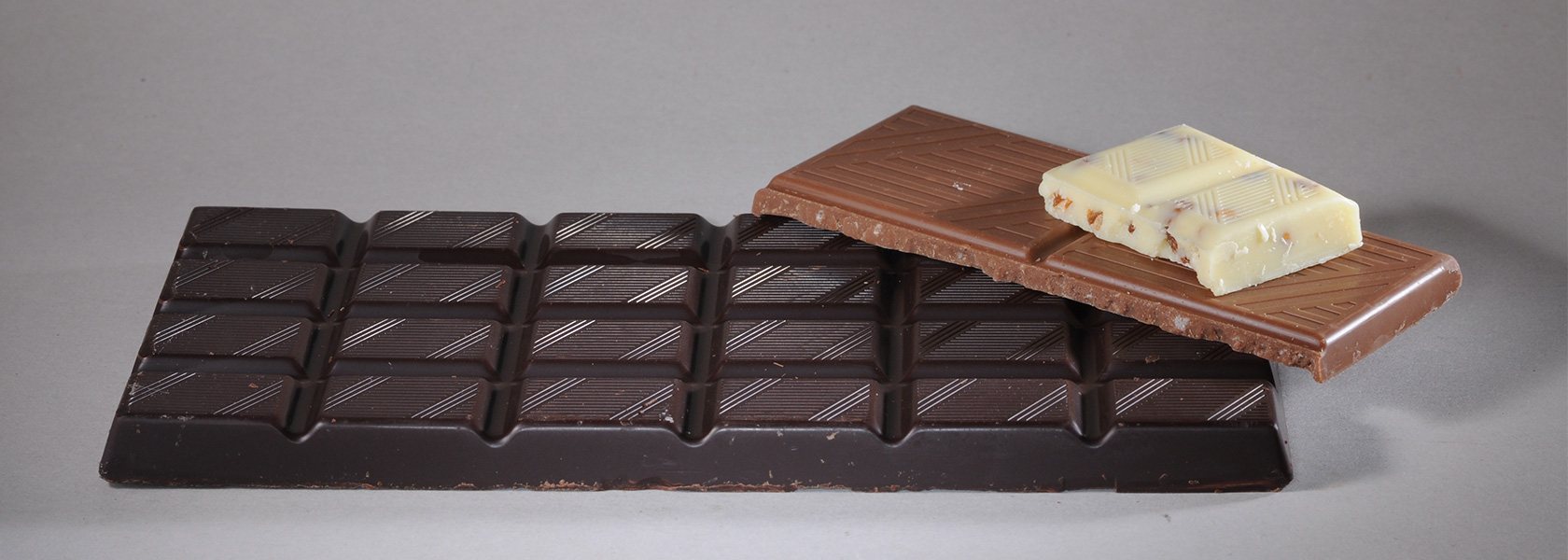The Best Breakfasts for Sustained Energy
Breakfast is often touted as the most important meal of the day, and for active squash players, this holds even more significance. A well-balanced breakfast sets the tone for sustained energy, optimal performance, and overall well-being. This article explores the best breakfast choices for athletes, emphasizing meals that provide sustained energy to fuel their demanding activities throughout the day.
Pre-Performance Nutrition: Optimal Timings for Squash Players
In the pursuit of peak performance, most squash players understand the importance of proper nutrition in fueling their endeavours. One critical aspect often neglected however, is the timing of pre-exercise meals or snacks. Finding the optimal period to eat before training or matches can significantly impact performance, energy levels, and overall well-being. This article delves into the science behind timing pre-performance nutrition for best results, considering individual variances and highlighting the role of different foods in providing energy for performance.
Top 3 Snack Choices For Recovery Between Matches
In such a dynamic sport as squash, where physical endurance and durability are paramount, players face unique challenges when competing in events consisting of multiple matches on the same day. In these circumstances optimal recovery between matches becomes a crucial aspect of sustaining peak performance – this article suggests three of the best snack foods for players to consume during the critical inter-match recovery periods, focusing on replenishing energy stores, promoting muscle recovery, and ensuring sustained physical and mental performance.
Vital Vitamin Requirements for the Squash Player (Part 2)
In part 1 of this article, we took a look at the role vitamins play in the function of our bodies and why it was important to ingest a wide range of different micronutrients for optimal health and performance. In part 2, we’re going to take a look at what are generally considered the 3 most crucial vitamins for athletes.
Vital Vitamin Requirements for the Squash Player (Part 1)
There are a wide range of vitamins that the body needs to be able to function optimally. Several of these are considered of higher importance to those that partake in high-intensity sports such as squash, with deficiencies in heavily active persons not uncommon. This 2-part article takes a look at some of those that should be regarded as the most crucial, and discusses how best to fulfil those needs.
The Importance of Protein Intake for the Squash Player
Protein is the macronutrient most crucial to recovery and repair from strenuous exercise, and an adequate dietary intake is an important part of the performance puzzle for athletes of all levels. The protein we take in through food is needed for the growth and formation of new tissue, and to help regenerate the muscle fibres damaged through hard training. Just how important is protein for the squash player though, and how much should you be consuming for optimal results?
Squash Nutrition Research Study: Ollie Turner Q&A
 Ollie Turner is a Performance Nutritionist and PhD student at Sheffield Hallam University, the English Institute of Sport, and England Squash, with his research focusing on creating specific nutritional guidelines for elite squash players. He is currently asking elite squash players, coaches and S&C coaches to complete a 15-minute validated sports nutrition questionnaire to assess their sports nutrition knowledge.
Ollie Turner is a Performance Nutritionist and PhD student at Sheffield Hallam University, the English Institute of Sport, and England Squash, with his research focusing on creating specific nutritional guidelines for elite squash players. He is currently asking elite squash players, coaches and S&C coaches to complete a 15-minute validated sports nutrition questionnaire to assess their sports nutrition knowledge.
We asked Ollie about his research, how to get involved and his top three sports nutrition tips coming out of lockdown…
What the science says: Effects of carb ingestion on skill maintenance in squash players
In this new semi-regular feature, we’ll be investigating some of the scientific studies that have been done into squash to see ‘what the science says’.
Searching through the academic journal databases for research studies performed into major mainstream sports such as football, rugby, and tennis, yields thousands upon thousands of results.
Perhaps unsurprisingly, squash’s much lower profile means there haven’t been anywhere near as many scientific trials centred upon the sport over the years. There is however a relatively small but solid amount of squash based studies available out there with a bit of searching, and I’ll be picking one out from time to time to examine in these blog posts to reveal the experimenters’ findings.
Is caffeine an effective performance enhancer for the squash player?
Although most people are familiar with caffeine and are aware of some of its potential benefits and effects, there are still a lot of myths and misconceptions as to its exact uses and functions within the body. Used correctly though, it can be a very useful performance enhancer for the squash player.
The 3 R’s of recovery after playing squash
We’ve highlighted previously here on the blog some of the most important things the squash player should be doing before a game to best prepare for optimal performance, in terms of preparing equipment, pre-match routines and warming-up properly.
But what should you be doing after a match to best promote recovery in preparation for playing/training the next day (or possibly even later the same day if within a tournament environment)?
Refuelling after squash: What you need to know!
To ensure you perform at your very best on the squash court, a crucial piece of the overall performance plan comes in the shape of your nutritional choices. What you eat and drink on a daily basis has a big impact on your general health and energy levels, so a good diet is something that should be a concern of every keen squash player.
Creatine use for the squash player
Perhaps the most common of the numerous proposed ‘Performance Enhancers’ available, are nutritional supplements – the various pills, powders, and potions that promise extraordinary gains in energy, power, and recovery. A quick browse around your local health food store will reveal literally thousands of different brands and formulas available, with ever more sensational advertisements, packaging, and promotional blurb. One of the more familiar of these nutritional supplements is Creatine. Most regular exercisers and sportspeople have heard of it by now, following the surge in its usage during the 1990s, but what exactly is it, how does it work, and is it of any benefit to squash players?
What is the best ‘performance enhancer’ for squash?
Whatever level you play at, the idea that there might be some ‘extra edge’ available is a pervasive one, and this thought process sees a wide variety of tools, devices, and supplements used by players to attempt to improve athletic performance and to try to gain that extra advantage over their opponents.
Energy Gels for Squash
Energy gel carbohydrate supplements are becoming increasingly popular and widespread in sporting circles, though there are still a lot of myths and misconceptions as to their correct usage and potential benefits. In today’s blog article we’ll be looking at how useful energy gels may be to the average squash player, and also their possible advantages/disadvantages to recreational athletes in general.
Sweat on the squash court – Hydration Tips For Optimal Performance
Due to the intensity of the sport of squash and the enclosed environment within which the game takes place, players will inevitably sweat heavily over the course of a match.
The SquashSkills weight-loss plan!
A bit of a change of theme in today’s new blog, where we’re taking a look at the topic of weight-loss – a popular request we get here on SquashSkills from those players out there who are looking to shift a little of the excess bodyfat that they’ve accumulated somewhere along the way!
Can chocolate be a healthy snack for the squash player?
A couple of weeks ago here on the SquashSkills blog we looked at the ‘benefits of beetroot’, and how it has the potential to boost physical performance – perfect for squash players looking for an extra edge on court. Another food that has recently been suggested to also have similar performance benefits, is dark chocolate.
Beetroot’s benefits for the squash player
The health & fitness media is always quick to hit us over the head with the latest ‘superfood’ fad, be it Pomegranate, Acai Berries, Wheatgrass, or whatever the current flavour of the month fruit/veg is being declared the indisputable last word in nutritional goodness.
3 Recommended Nutritional Supplements
In an ideal world, we’d get all of our required vitamins, minerals, and nutrients from our diet. Unfortunately, due to time restrictions, cost issues, and often just plain lack of relevant knowledge, a lot of active people (and even many professional athletes) struggle to cover all of the necessary nutritional bases.






